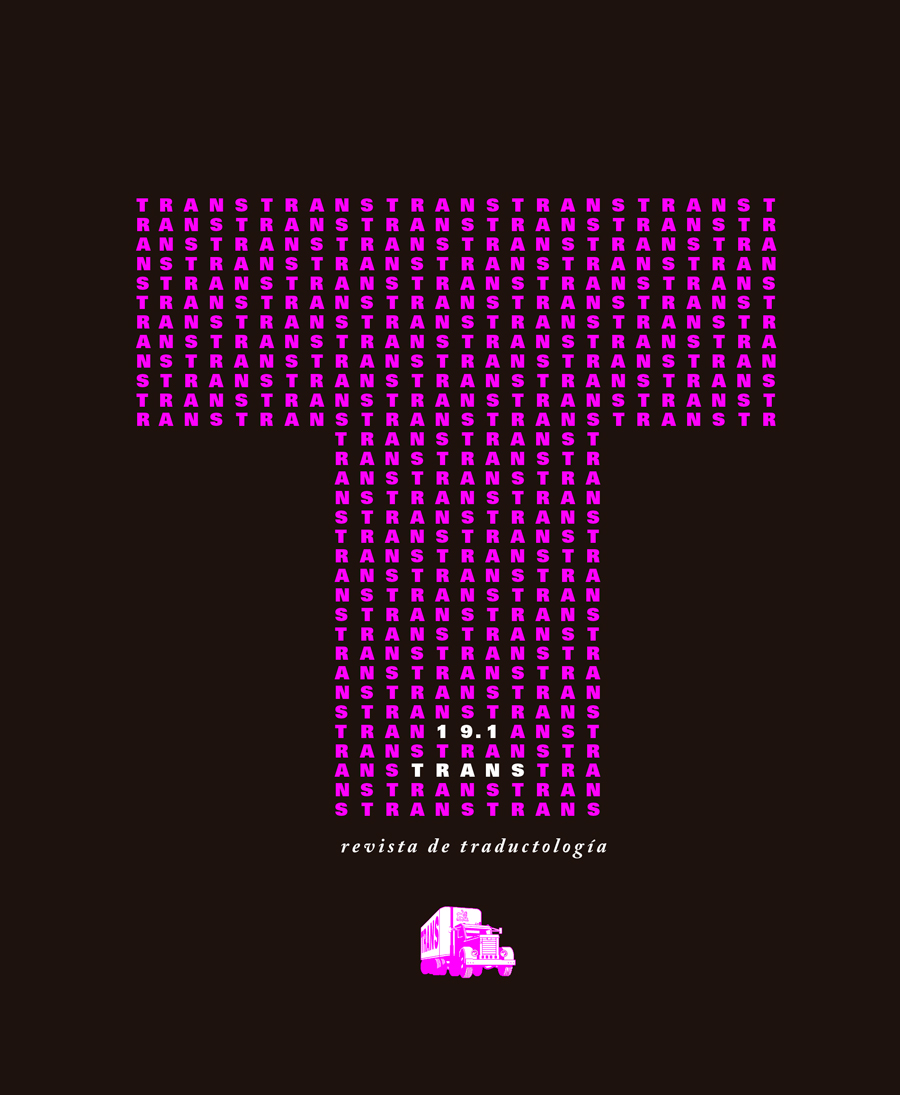Interpreting Wiretapped Conversations in the Judicial Setting: Descriptive Analysis and Operating Methodology
DOI:
https://doi.org/10.24310/TRANS.2015.v1i19.2096Keywords:
interpreting in legal setting, Interpreting for wiretapped conversations, dialogue interpreting, telephone interpretingAbstract
The task of an interpreter of wiretapped conversations is hard and complex from various standpoints. Without entering into considerations about the current legal framework or deontological reflections on interpreting in judicial settings, in this paper we will focus on purely methodological features which characterise this kind of assignment, such as the hybridisation of operating modes, the constant variability of the parties involved, the diversification of tasks or the consequent readjustment of the interpreter to goals that are set during the investigation and which impose continuous changes in his/her working strategy. We will present some introspective considerations which result from the analysis of the interpreter’s role during wiretapped conversations. Starting from our professional experience, the goals of this study are: identifying the interpreting procedures applied during wiretapped conversations, analysing the extra- and intra-contextual elements of this communicative situation, examining the parties involved, their tasks and functions and, finally, suggesting some methodological recommendations meant to assist interpreters involved in this difficult task.Downloads
Metrics
Publication Facts
Reviewer profiles N/A
Author statements
Indexed in
-
—
- Academic society
- N/A
- Publisher
- Universidad de Málaga
Downloads
Published
How to Cite
Issue
Section
License
All contents published in TRANS. Revista de Traductología are protected under the Creative Commons Attribution-NonCommercial-ShareAlike 4.0 International (CC BY-NC-SA 4.0) license. All about this license is available in the following link: <http://creativecommons.org/licenses/by-nc-sa/4.0>
Users can copy, use, redistribute, share and exhibit publicly as long as:
- The original source and authorship of the material are cited (Journal, Publisher and URL of the work).
- It is not used for comercial purposes.
- The existence of the license and its especifications are mentioned.
- ShareAlike — If you remix, transform, or build upon the material, you must distribute your contributions under the same license as the original.
There are two sets of authors’ rights: moral and property rights. Moral rights are perpetual prerogatives, unrenounceable, not-transferable, unalienable, imprescriptible and inembargable. According to authors’ rights legislation, TRANS. Revista de Traductología recognizes and respects authors moral rights, as well as the ownership of property rights, which will be transferred to University of Malaga in open access.
The property rights are referred to the benefits that are gained by the use or the dissemination of works. TRANS. Revista de Traductología is published in an open access form and it is exclusively licenced by any means for doing or authorising distribution, dissemination, reproduction, , adaptation, translation or arrangement of works.
Authors are responsable for obtaining the necessary permission to use copyrighted images.













21.png)
